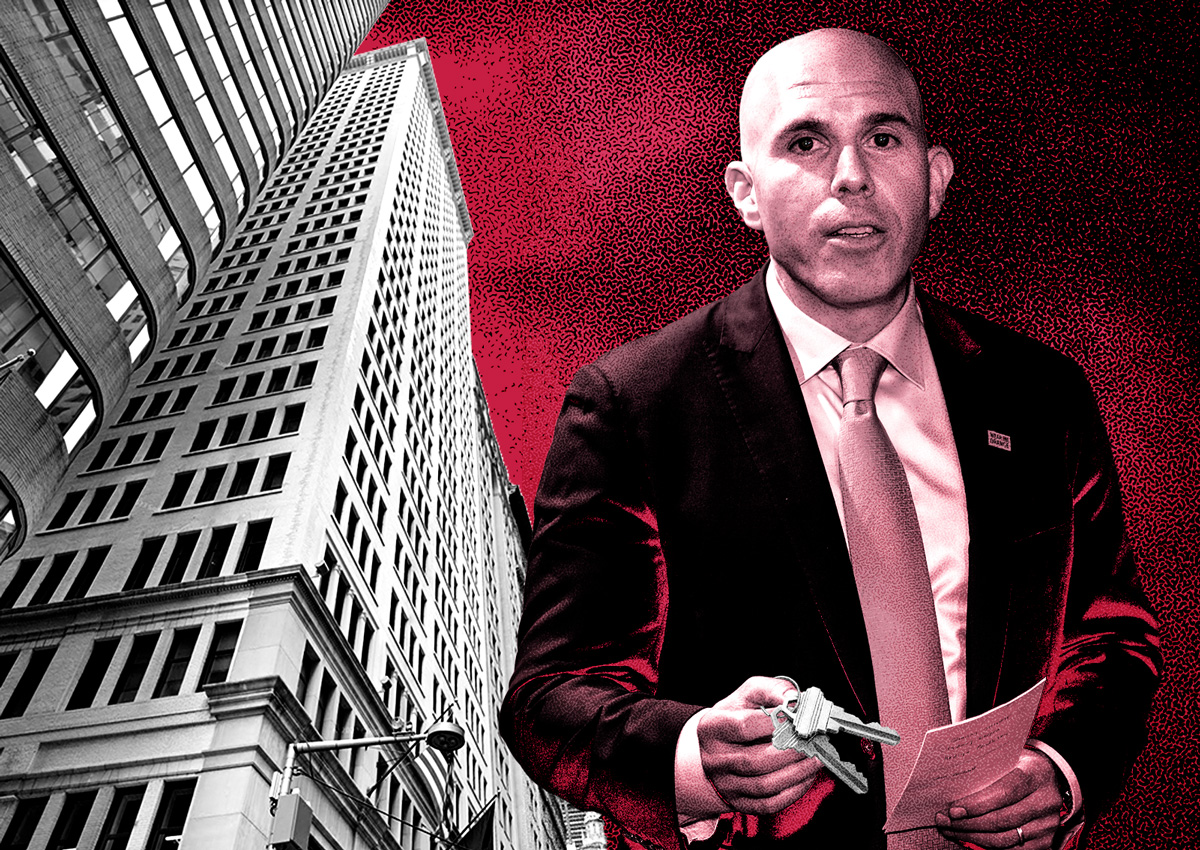No agreement appears imminent as lawmakers negotiate to raise the nation’s debt ceiling before a June 1 deadline imposed by the Treasury Department. A default still seems unlikely, but if it happens, would create major headaches for real estate.
The lion’s share of government debt is bankrolled by the sale of U.S. treasuries, which serve as a benchmark for all kinds of debt in the private markets. Default would sink the value of treasuries, and as a result, yields on mortgage bonds would jump.
“Default is the last thing this country, or our industry, needs as we struggle with this uncertainty,” GFP Real Estate’s Jeffrey Gural told the Commercial Observer. “All of us are just assuming they’re going to solve it because there’s nothing else we can do. If we really thought we’d default on our debt, we might as well leave the country.”
Just the possibility of default, however, has pushed treasury yields, and thus mortgage rates, up, contributing to a 4 percent decrease last week in mortgage applications to purchase homes, according to the Mortgage Bankers Association. The average 30-year fixed-rate mortgage was 6.69 percent, the highest since March, and applications were down 30 percent from a year ago.
Another key concern is that tanking Treasuries would boost interest rates, further rattling a banking system already shaken by several defaults. One of them, by Silicon Valley Bank, was triggered by its heavy purchase of long-term treasuries without hedging for the risk of interest rates rising.
“My worry is that those banks that hold lots of real estate on their portfolios — including mortgage-backed securities — because they also hold lots of Treasurys, they’d begin to tumble really rapidly,” corporate law professor Robert Hockett told CO. “And because they are financiers of commercial real estate projects, those who seek the financing would find themselves with fewer options.”
They already have, many say: Commercial lending has tightened this year.
The debt ceiling standoff is a manufactured crisis — a bit of brinksmanship by congressional Republicans to get Democrats to agree to spending cuts. Several such showdowns in recent years have been resolved, as this one is expected to be, but there is no guarantee.
Commercial real estate pros can do little except watch, wait and focus on things in their control.
“I’m 80 years old, and this is the hardest I’ve ever worked in my life to get through and preserve what my father and I built all these years,” said Gural, who on Tuesday won an auction for the Flatiron Building. “Make sure we keep these buildings leased, that we keep the banks happy.”
Read more



